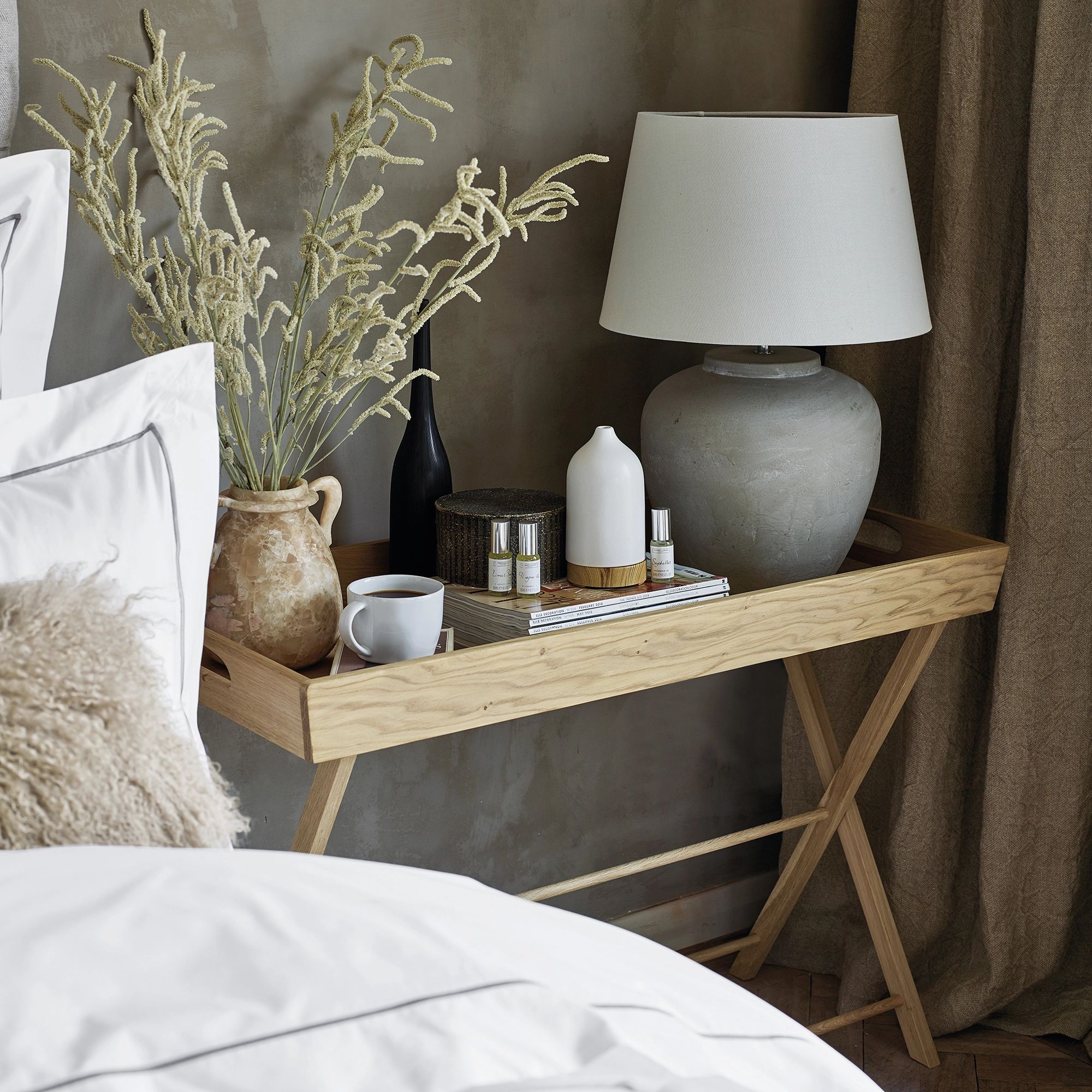
We all want our homes to smell their best, but scenting your home safely is essential to making sure you maintain good air quality indoors to protect you and your family's health.
Choosing the best home fragrance that smells good and is good for your health is a key part of creating a happy healthy home. However, not all home fragrances will meet both requirements. ‘Many commercial air fresheners and scented products contain chemicals that can trigger allergies, asthma, and respiratory problems or pose long-term health risks,’ warns Hannah Prescott, Head Interior Designer at Diamond Interiors.
'Some synthetic air fresheners and scented candles can release substances that settle on walls, furniture, and fabrics, potentially causing discolouration or damage over time,’ reveals Chloe Furze, founder of CocoLuxe. Opting for eco-friendly alternatives also ‘reduce your environmental footprint and minimise the release of harmful substances into the atmosphere,’ Chloe adds.
So, when it comes to how to scent your home safely, there are a few conscious decisions you should be making, with many being much more affordable or a fun DIY project to try out.
1. Essential oil diffusers

‘One of the simplest and most popular ways to scent your home is by using an essential oil diffuser,’ says Camilla Lesser, Property Development Manager at Essential Living. However, you’ll want to ensure that you’re using ‘high-quality, pure essential oils to avoid any unwanted additives,’ Camilla warns.
There are lots of great options to choose from. If you’re looking to relax or scent a guest room, for example, lavender is ideal. While citrus oils like lemon and orange have an uplifting quality to them. There’s also peppermint, which always makes our home smell so fresh. The devices ultimately ‘work by using water or heat to vaporise the oils, allowing you to enjoy the benefits of aromatherapy without any synthetic chemicals,’ concurs Penny Moyses, Founder of the Clean & Tidy Home Show.
2. Homemade potpourri
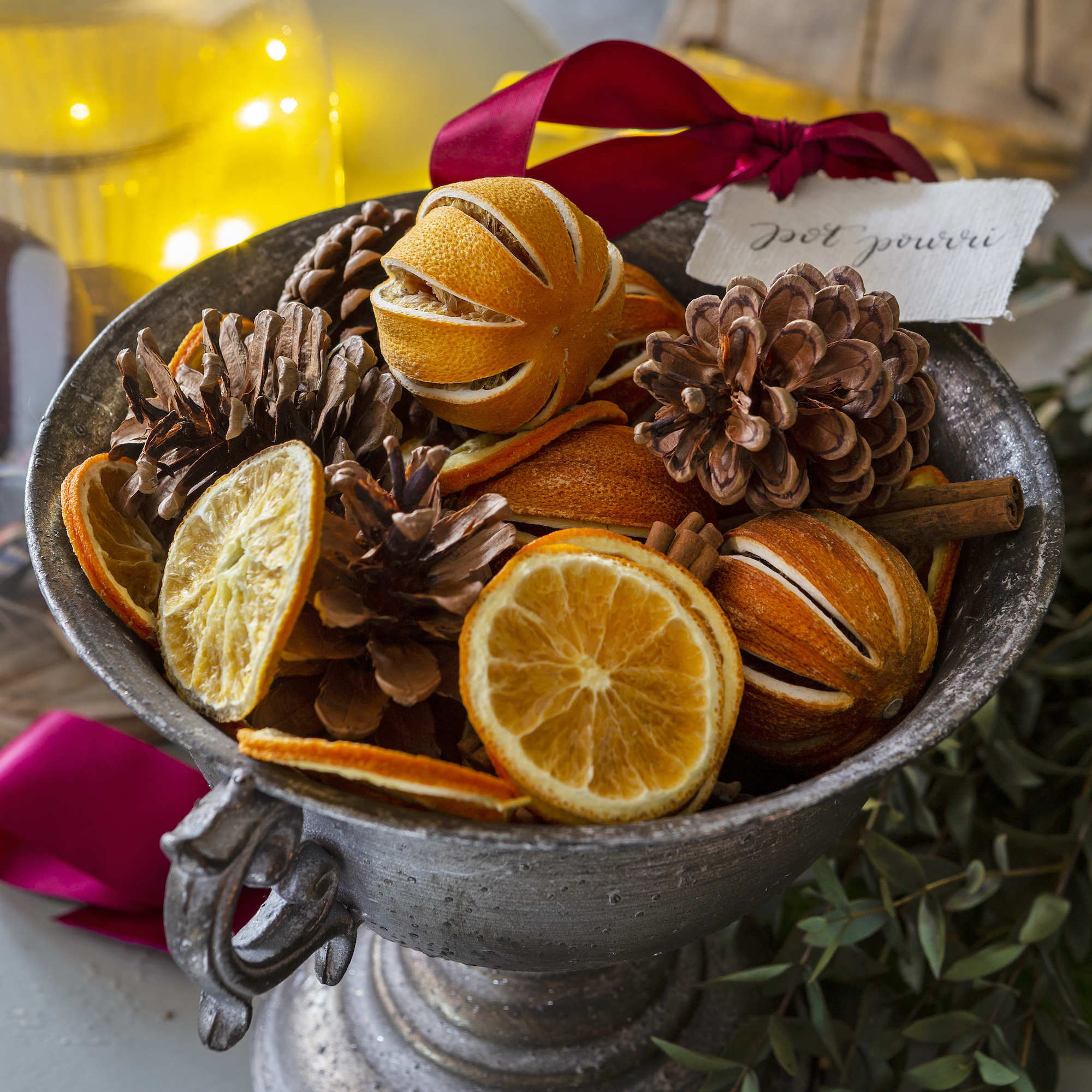
Potpourri is seeing a bit of a resurgence, and it's actually something you can make at home yourself. All you need to do is dry a variety of flowers, herbs, spices and even forage some pinecones when they start to drop and add them to a decorative bowl or container.
The experts concur that some of the most popular additions have got to be lavender, rose petals and cinnamon sticks. And you can even ‘add a few drops of your favourite essential oil to revive your potpourri occasionally,’ according to MyJobQuote.co.uk's Interior Design Expert, Ryan McDonough.
3. Beeswax or soy candles
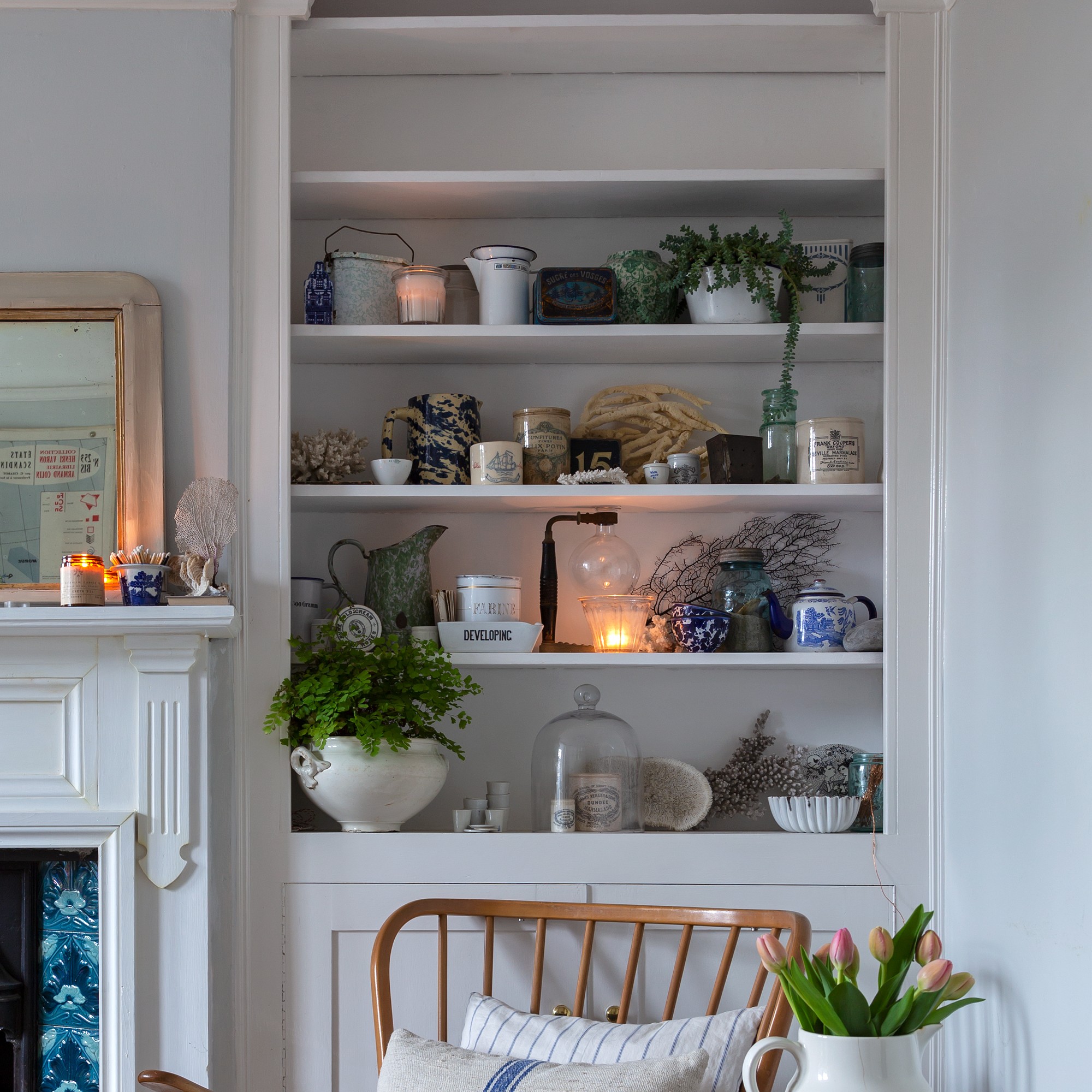
Unfortunately, ‘traditional paraffin candles can release harmful chemicals when burned,’ Camilla warns. So, while a traditional scented candle can give off a lovely fragrance, it could pose a potential health risk. ‘Instead, opt for beeswax candles, which are not only natural but also have a subtle, honey-like scent,’ Camilla recommends. Beeswax candles also tend to burn longer ‘and can help to purify the air by releasing negative ions,’ she continues.
Soy candles are another great option. This is because ‘soy wax is a natural, renewable resource that burns cleaner than paraffin and is often infused with natural essential oils. Look for brands that use cotton wicks and avoid synthetic fragrances,’ Camilla continues.
4. Simmer pots
‘A simmer pot is simply a saucepan or slow cooker filled with water and fragrant ingredients such as citrus peel, vanilla, spices or herbs,’ says Ryan. This method is all the rage on TikTok and Instagram for creating a delicious cosy scent in winter using cinnamon and cloves for a mulled wine-inspired scent.
Place the pot on a gentle heat, the fragrances will slowly infuse and the scent will permeate your rooms to create an overall scent scape. Just ‘remember to keep an eye on the pot to make sure that it doesn’t boil dry,’ Ryan warns.
5. Scented houseplants
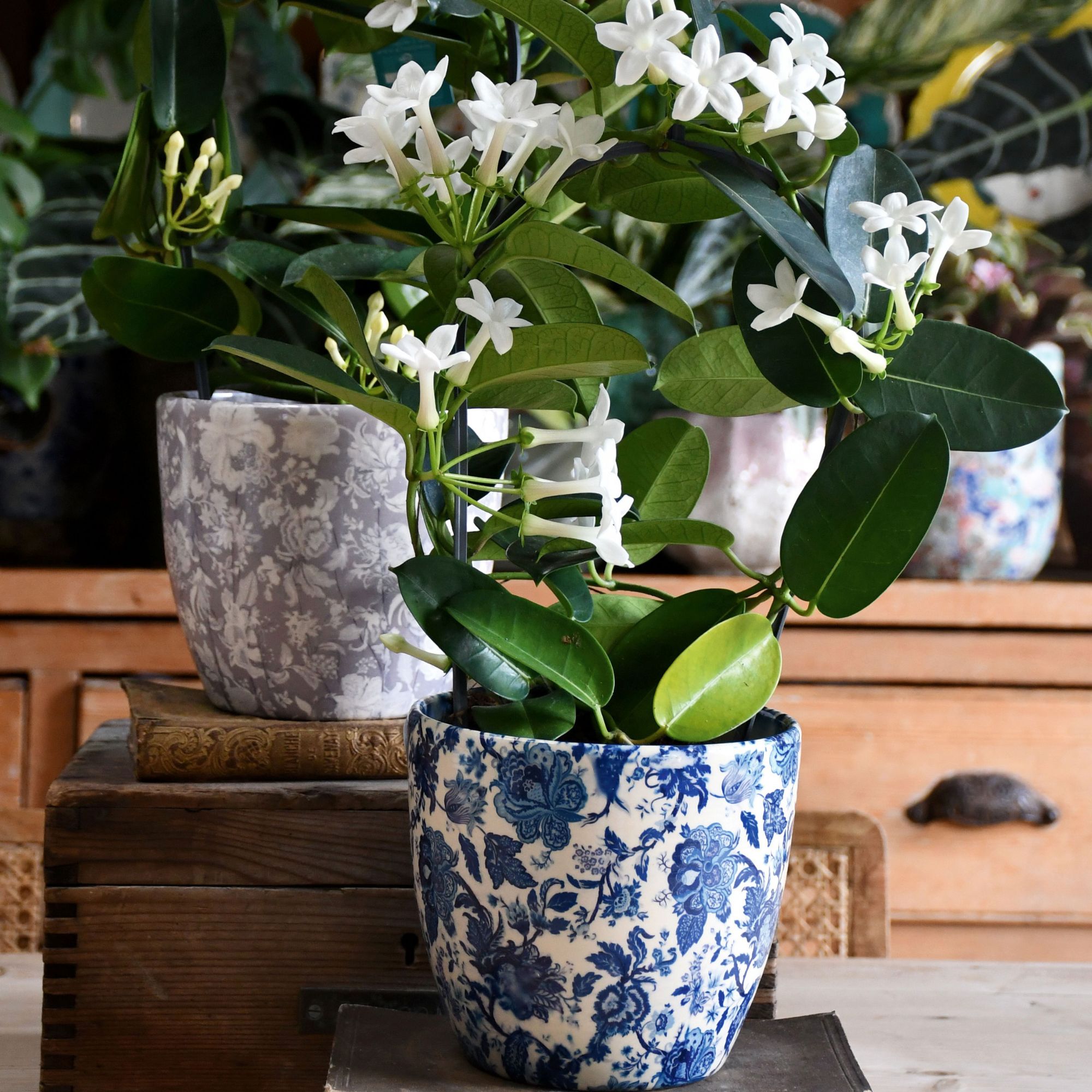
There are also a number of houseplants which emit a pleasant scent. ‘Certain plants, like jasmine, eucalyptus, or gardenias, naturally scent the air while also improving indoor air quality,’ Hannah reveals.
We’ve previously put together a roundup of the best air purifying indoor plants but choosing one which also has a lovely fragrance to it, allows you to get the benefits of both.
6. Homemade natural room sprays
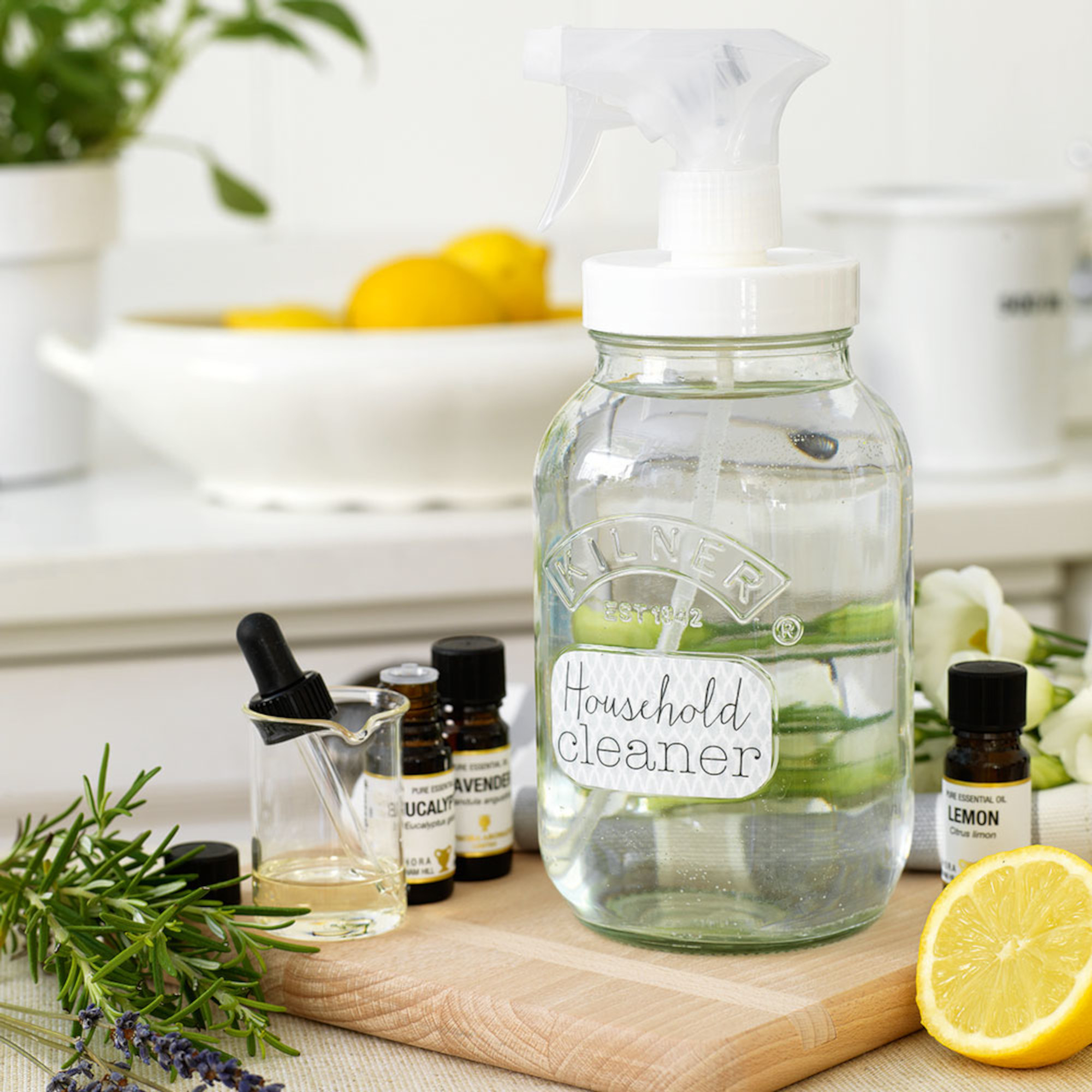
Making your own eco-friendly room spray can be one of the easiest and most inexpensive options and saves you having to fork out on store bought ones. ‘All you need is a clean and empty glass spray bottle, essential oil, unscented witch hazel, distilled water and some dried flowers and herbs,’ Ryan says.
‘Into the bottle, put 20-30 drops of your preferred essential oil, half fill the bottle with witch hazel and top up with the distilled water. Add some dried flowers or herbs if you like. Then shake well and spray in your room.’
7. Bicarbonate of soda
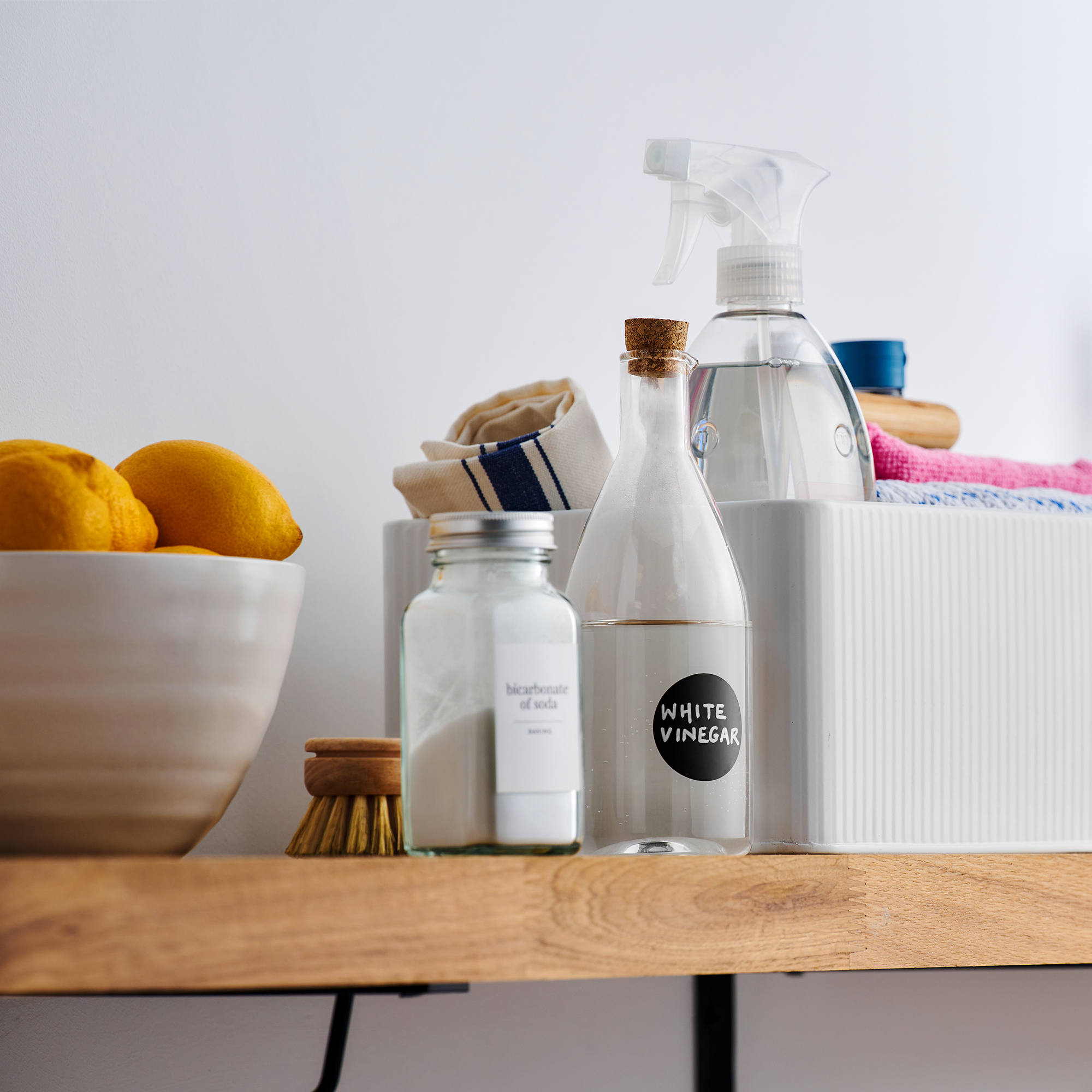
Sodium bicarbonate or ‘bicarbonate of soda is a natural deodoriser that absorbs odours instead of masking them,’ Penny explains. Cleaning with bicarb is one of our go-to hacks, but it is ideally for scenting rooms too.
You can either ‘place an open box in your fridge, wardrobes, or other areas prone to odours, or mix with essential oils and place in decorative containers around your home,’ she explains.
8. Natural reed diffusers
A great option if you don’t want to use heat or electricity, which works continuously day and night to scent a room is a natural reed diffuser. They use wooden sticks to absorb and disperse essential oils and are often refillable, making them a great eco-friendly option. They’re also really low-maintenance, as you just leave them to do their thing.
You can either try and make your own or as you shop ‘choose diffusers with natural oils as a safer option,’ Chloe suggests.
9. Herb sachets
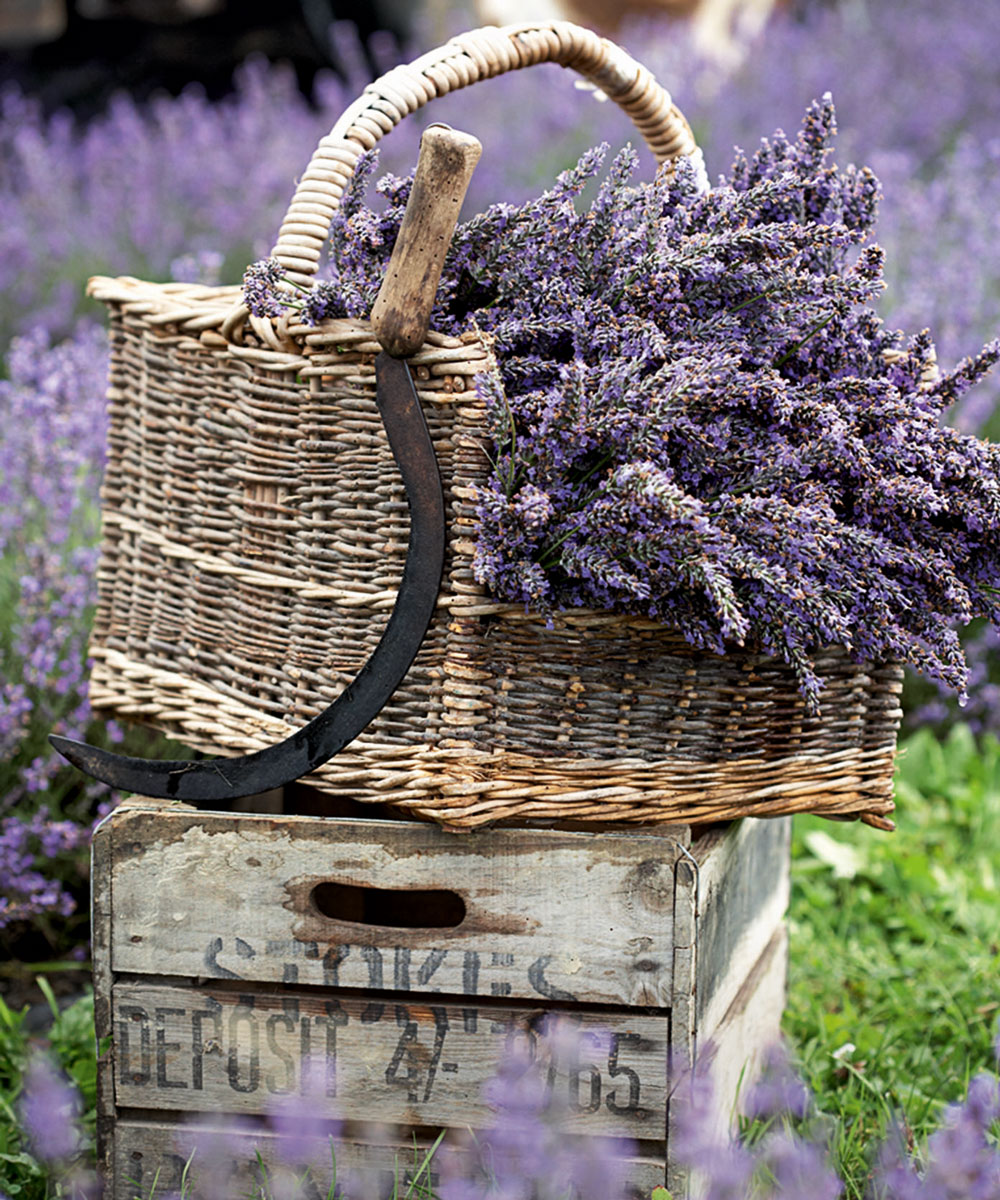
You might already be familiar with or use lavender sachets in your drawers or wardrobe but you can also use other herbs such as rosemary, thyme and sage. Plus, you can easily make your own at home if you happen to have a herb garden or are growing some on your kitchen windowsill.
All you need to do is dry out the herbs and place them in some small fabric pouches to keep areas smelling fresh.
10. Fresh flowers
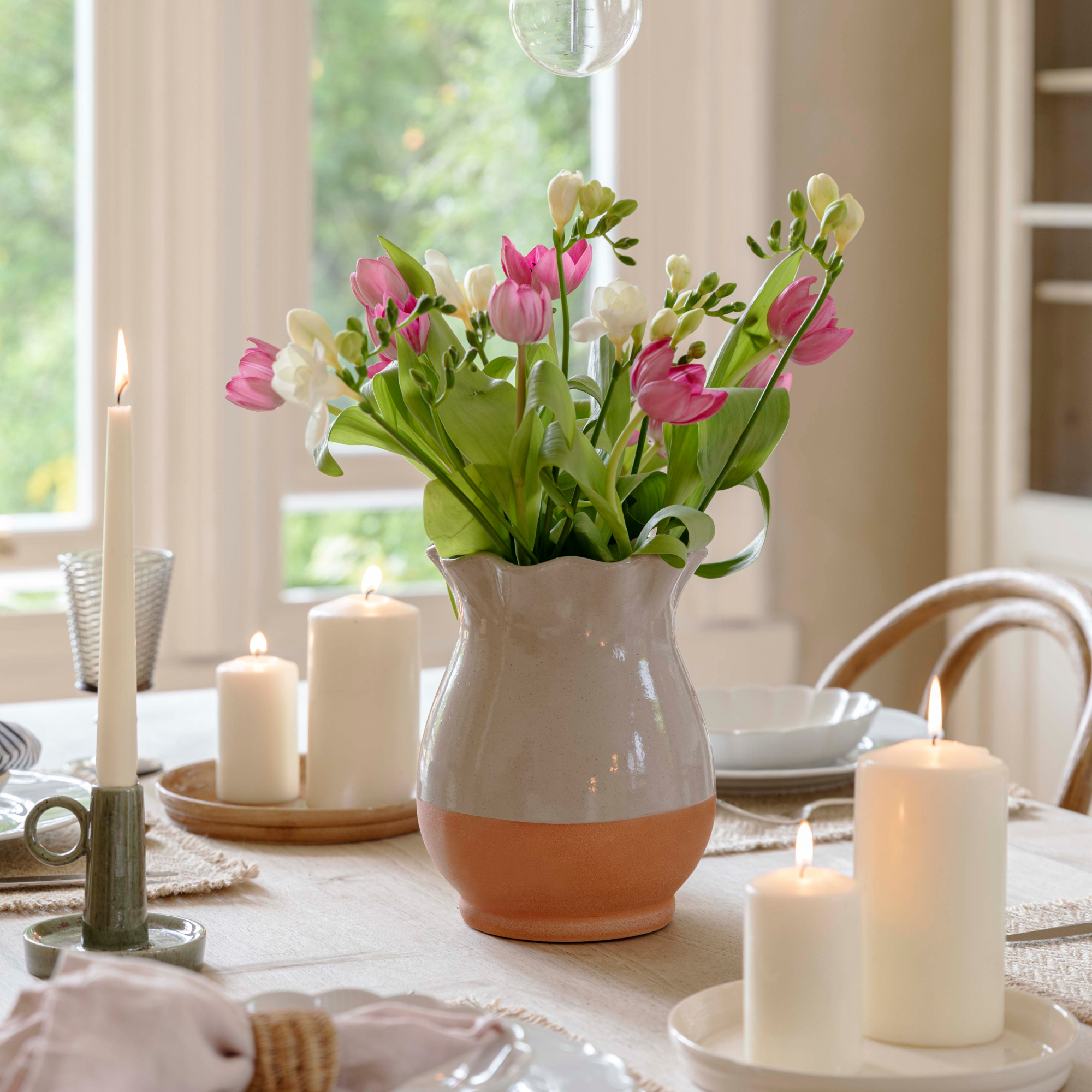
It’s probably not surprising that fresh flowers are one of the easiest ways to safely scent your home. While they might only last for a week or two at best, depending on the variety or bouquet, they can also perk up any room in your home.
‘Consider options like lavender for its calming, long-lasting scent, roses (especially English varieties) for their sweet fragrance, jasmine with its powerful, sweet aroma, gardenias for a rich, tropical scent, and freesias for their light, citrusy fragrance,’ Camilla suggests. And if you happen to grow any in your garden, this will save you a trip to the supermarket or florist.
11. Charcoal
Much like baking soda, ‘activated charcoal is a natural odour absorber that works without releasing any scent,’ Hannah says. So, if you’re a bit sensitive to anything too heavily scented or fragranced, this provides you with an odourless environment and can really come in handy in bathrooms and near bins. You can pick up a good number of pouches for under £20 on Amazon.
It ‘will also help to combat damp, another culprit of bad smells in many properties,’ Ryan says.
12. Open the windows
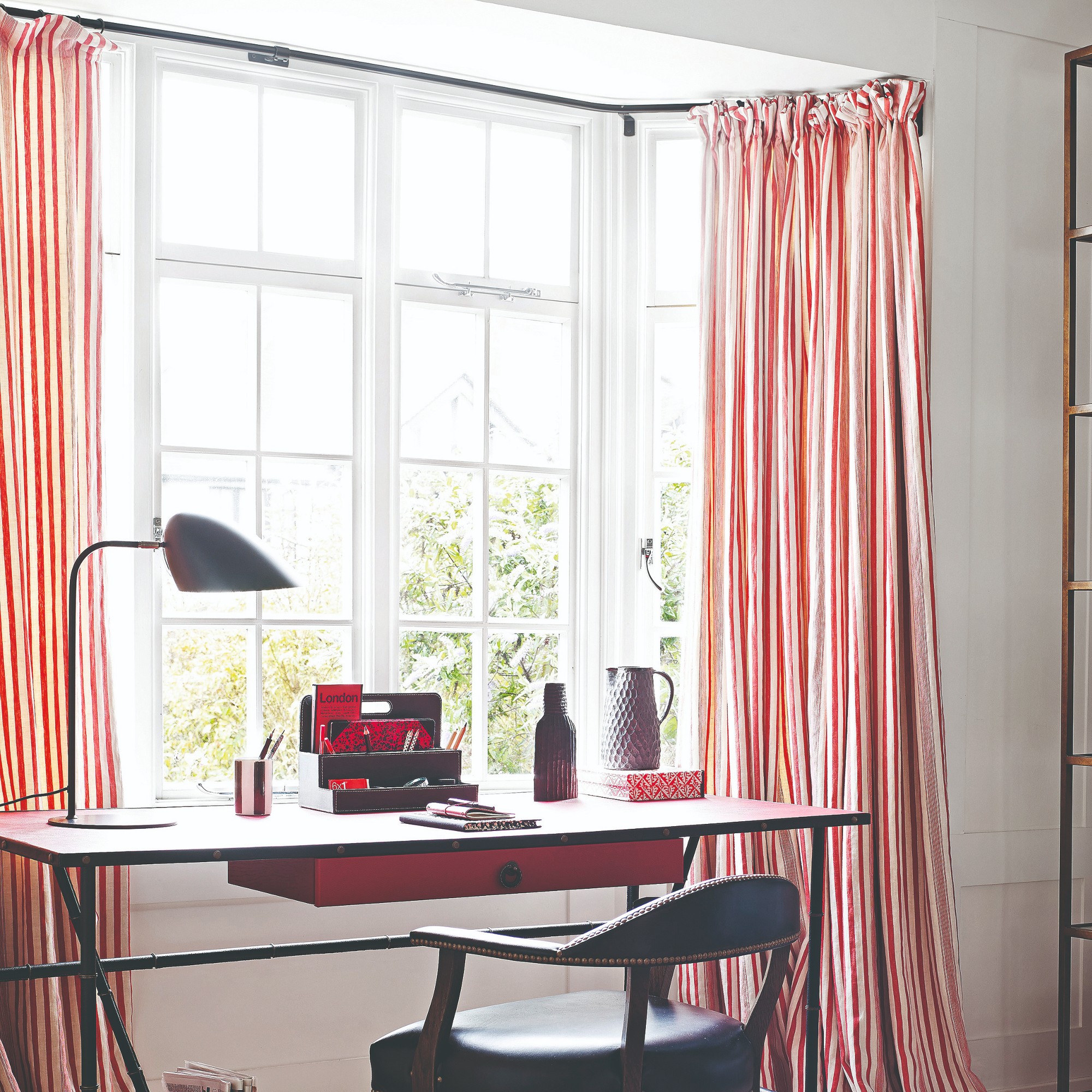
And finally, if you’re able to, something as simple as opening the windows to let fresh air in can work wonders at making your home smell better. Essentially, allowing fresh air to circulate is a natural way to clear out any stagnant air and odours. And ‘even in colder months, a few minutes of ventilation can significantly improve indoor air quality,’ Camilla proclaims.







